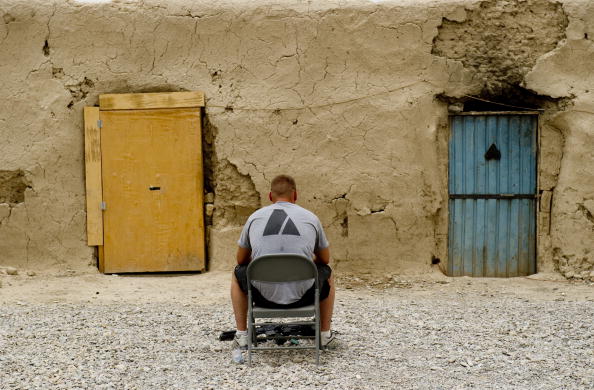Most presidents start wondering—or, more often, worrying—about their “legacy” well into their first term. Or, if they have a second term, they worry even more feverishly about what posterity will think of them. Obama need not wonder about his legacy, even this early. It is already fixed, and in one word: Afghanistan. He took on what he made America’s longest war and what may turn out to be its most disastrous one.
It is time for me to break a silence I have observed for over a year, against my better judgment. On June 30, 2009, I and eight other historians were invited to a dinner with President Obama and three of his staffers, to discuss what history could teach him about conducting the presidency. I was asked shortly after by several news media what went on there, and I replied that it was off the record. I have argued elsewhere that the imposition of secrecy to insure that the president gets “candid advice” is a cover for something else—making sure that what is said about the people’s business does not reach the people. But I went along this time, since the president said that he wanted this dinner to be a continuing thing, and I thought that revealing its first contents would jeopardize the continuation of a project that might be a source of information for him.
But there has been no follow up on the first dinner, and certainly no sign that he learned anything from it. The only thing achieved has been the silencing of the main point the dinner guests tried to make—that pursuit of war in Afghanistan would be for him what Vietnam was to Lyndon Johnson. At least four or five of the nine stressed this. Nothing else rose to this level of seriousness or repeated concern.
I will let others say what they want (some already have). But I will now reveal what I contributed that night. I told him that Richard Nixon had advised Ronald Reagan not to make too many public statements himself—let others speak on a daily basis, and save his appearances for big issues. Obama replied that he would speak less often in the future, but at the moment no one else in his administration could command the attention that he did. He added that Secretary Clinton had some ability to get the public’s ear, but she could not speak on domestic issues like the economy.
When Obama said that he was surprised that the left was so critical of him, I said that it would continue to be critical so long as he issued signing statements before passage of a law. He asked which one I objected to, and I said that any are unconstitutional. At the end of the meal, he went around the table one time more to ask if there was a final bit of advice we would give. When my turn came, I joined those who had already warned him about an Afghanistan quagmire. I said that a government so corrupt and tribal and drug-based as Afghanistan’s could not be made stable. He replied that he was not naïve about the difficulties but he thought a realistic solution could be reached. I wanted to add “when pigs fly,” but restrained myself.
Jonathan Alter, in The Promise, becomes almost rhapsodic when describing the President’s official Afghanistan review sessions, to reach “the most methodical security decision in a generation.” But no one in those meetings said that the Afghanistan war was a sure loser, a thing not to be pursued in the first place. The only voice of dissent that we know of was Vice President Biden’s calling for a smaller troop increase (ten or fifteen thousand or so) and more drone attacks. The main point made by the historians he consulted was not referred to by Alter—one of the deleterious effects of governmental secrecy. The President might have been saved from the folly that will be his lasting legacy. But now we are ten years into a war that could drag on for another ten, and could catch in its trammels the next president, the way Vietnam tied up president after president.



